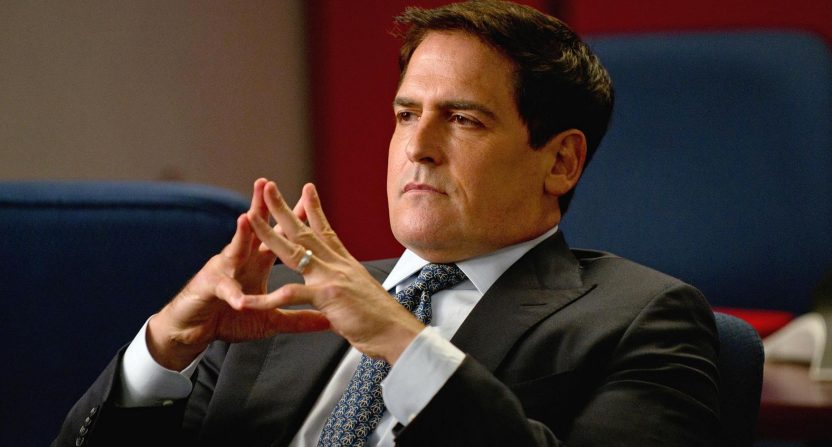One of the developing storylines during the first month of the 2019-20 NBA season is the league’s declining TV ratings. Sure, it’s early and maybe the majority of sports fans are focused on the NFL right now. (NFL ratings have increased this season.) But so far, this appears to be the continuation of a trend we saw at this same time last year.
The NBA generated a lot of excitement during the offseason with impactful player moves like Anthony Davis joining LeBron James with the Los Angeles Lakers, Kawhi Leonard and Paul George joining the Los Angeles Clippers, and Kyrie Irving and Kevin Durant signing with the Brooklyn Nets. Yet if there’s curiosity among NBA fans to see star players with new teams or the emergence of new contenders, it hasn’t been demonstrated in the TV numbers.
That decline has led to a few theories on its cause. Early telecasts haven’t featured appealing matchups. No. 1 pick Zion Williamson has been injured. The Golden State Warriors are in a steep decline. LeBron, A.D., Kawhi, and PG13 play in the Pacific time zone. Leonard is also the face of the increasingly popular load management approach, something that’s stirred up a bunch of controversy among fans, media, and the TV networks broadcasting NBA games.
Dallas Mavericks owner Mark Cuban has chimed in on the discussion in recent days. Soon after ESPN’s Adrian Wojnarowski and Zach Lowe reported that the league is considering significant changes to its regular-season schedule and playoff format, Cuban explained why he isn’t in favor of a larger reduction of the 82-game model.
https://twitter.com/mcuban/status/1199112516216983552
Terms like “customer acquisition and retention” and “churn” aren’t exactly reaching out to fans who want to know why the NBA wouldn’t consider playing even fewer than 78 regular-season games. That jargon caters more to media and advertisers, which is a bit strange coming from one of the stars of Shark Tank. But one of Cuban’s roles on Shark Tank is also to explain how business works and why decisions are made to entrepreneurs and inventors.
More specific to the NBA’s TV ratings, Cuban singled out a root cause while responding to a question posed to Haralabos Voulgaris, who currently works in the Mavericks’ front office.
https://twitter.com/mcuban/status/1199908455387144193
It’s hardly news now that viewers are increasingly leaving cable and satellite behind in favor of streaming platforms. So if cable is where the NBA games are almost entirely — whether through national packages on TNT and ESPN or regional sports networks — it’s reaching an audience which is shrinking by the day.
Cuban also argues later in that Twitter thread that TV ratings don’t tell the full story in terms of audience engagement, where the NBA has established a notable following on social media. That’s not going to appease the league’s TV partners, of course.
Another factor that Cuban appears to be overlooking, one which was pointed out to him in several Twitter replies, is the increasing splintering of the audience as more streaming packages become available. Millions of people have signed up for Disney+ over the past few weeks, likely adding the service to an assortment that includes other popular platforms like Netflix, Amazon Prime, and Hulu. And several more, like HBO Max and NBCUniversal’s Peacock, are coming.
TV shows and movies are also less of a time commitment than three-hour sporting events. And in the regular season, those games don’t often have the same stakes. Or viewers aren’t aware of those stakes, as they are during the playoffs. So are you more likely to spend a Tuesday night watching the Boston Celtics and Toronto Raptors or spending an hour with “Baby Yoda” and The Mandalorian?
This discussion will surely get noisier if TV ratings stay down for the NBA, especially if the decline maintains after the unofficial start of the season on Christmas Day or after football season ends. (And how many fans wait until after the end college basketball season to check in on the NBA?) If so, we’ll be hearing more from Cuban and his peers on the problems facing the NBA and potential solutions, and people will keep weighing with theories for those lower numbers.







